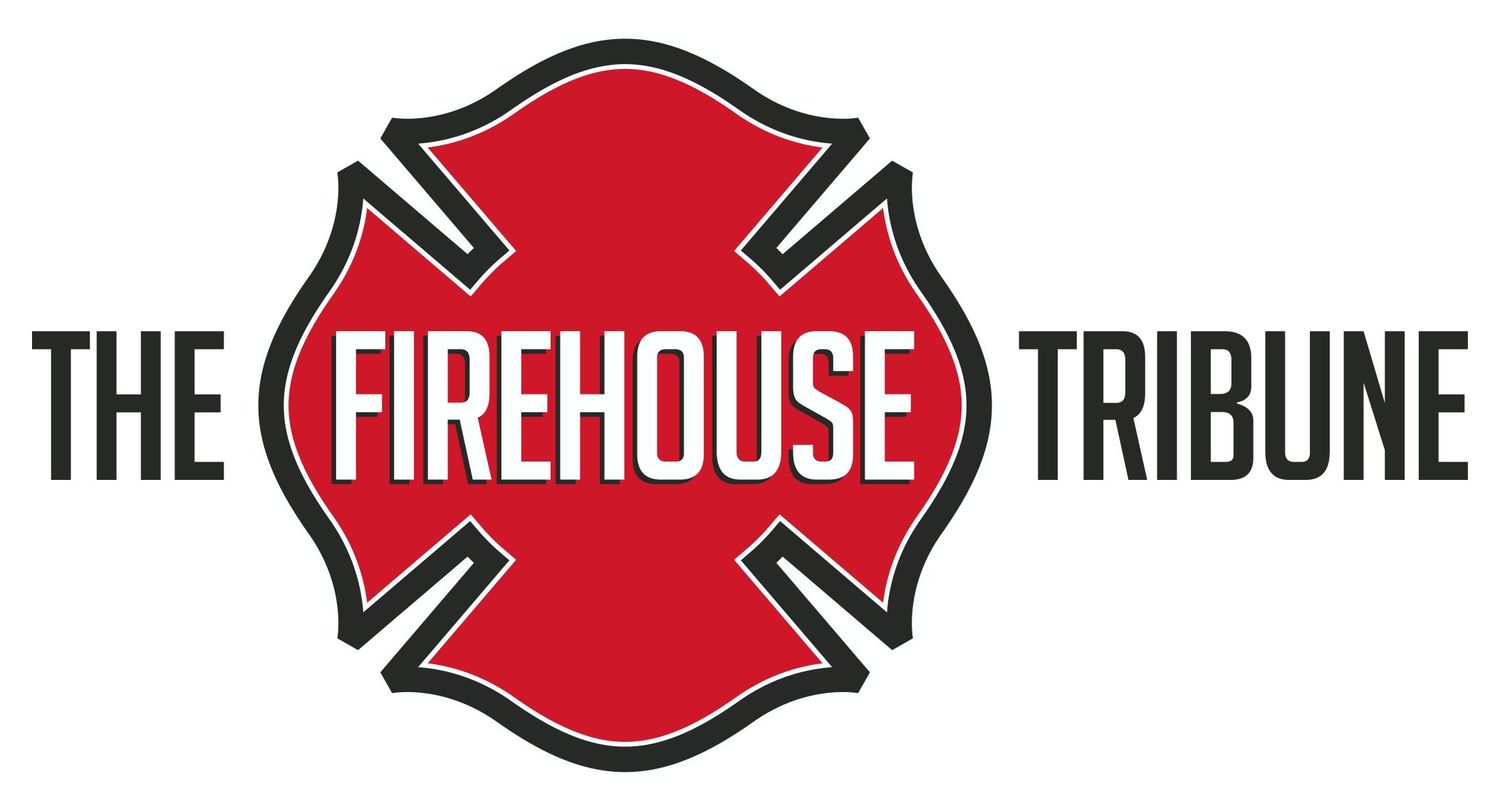The Importance of Clean PPE
We all love that fresh smell of smoke on our gear. It lets others know we been in a fire and the charred up shield on our helmets tell our stories of the fires we been in. The soot filled turnout gear and sometimes all over our hands and face; the smokey smell in our hair for days, all of that comes with territory of fighting fire. It’s great isn’t it? It’s almost like a rite of passage into the service.
But is it something that’s costing us years of our time in the service and almost shortening our days with our families?
While on the job, we as firefighters come in contact with tons of carcinogens, toxins and diseases found in structure fires, car fires, as well as blood and bodily fluids which can be carried away in our turnout gear causing potential harm through ingestion, inhalation and/or absorption. As members of the emergency services, we are continually trained on those three routes of entry when refreshing ourselves on our yearly blood borne pathogens training each year. Firefighters are not the only ones to be at risk for contracting potential hazards that are left on our uncleaned gear. Anyone who has direct contact with the gear is also at risk. This goes for the general public as well since we all know children love getting tours of our firehouses, seeing our apparatus and trying to fit into our gear and wear our helmets. By not keeping our gear clean, exposures to others are possible since we are also in direct contact with the general public.
Turnout gear that has been worn on fire-related calls, and has been in contact with carcinogens without cleaning in between calls will diminish the gears ability to protect the firefighter. The soot and other related products of burning leave a number of material deposits on the surface of gear and in the fibers of the protective layers of the gears causing the surface of the gear to be less heat reflective. In the presence of oils and other flammable materials, the heat absorption on the surface of our gear, should this gear not have been cleaned prior to making contact, could potentially lead to re-ignition or flash over. When considering the less obvious type of soot - carbon based soot – increases conductivity when in contact with live wires, raising potential for electrical shock.
Long term effects of dirty gear is quite simple, it doesn’t last as long as the manufacturers recommendation. The soot and other particles that were continually absorbed into the gear will begin to break down the shell of our gear and some of those particles and burn bits that are lodged in our gear can become abrasive causing rips and tears in our gear. Regular human movements and the bending and folding of the gear will cause the rips and tears in the gear abs wear out the fibers. Recommended cleaning of the shell of the gear is ever six months at minimum or more depending on how much contact we have with soot and other carcinogens to reduce the amount of abrasive particles picked up in our gear. So remember to wash your gear; keep yourself, your crew, your family and the general public safe. Just like we take pride in keeping our apparatus, our station and our tools clean, we should our turnout gear because it’s another tool to keep us safe. So take pride in looking your best on every run because we are always in the public eye!
Until next time; work hard, stay safe and live inspired.
About the Author
NICHOLAS J. HIGGINS is a firefighter with 14 years of service all within departments in Piscataway, NJ. Nick has held the ranks of Lieutenant and Captain as well as being a township elected District Fire Commissioner for 1 term (3 years) in Piscataway, NJ. He is also a NJ State certified level 2 fire instructor. He holds a B.S. in Accounting from Kean University working in Corporate Taxation and is the founder/contributor of the Firehouse Tribune website.
